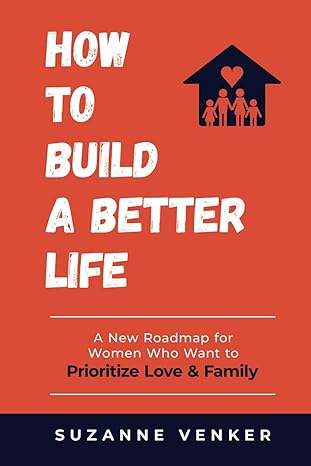Simply, a Home
Home Renaissance Foundation Blog
Every year, the Family and Business Conciliation Centre of the IAE Business School, Austral University, Argentina publishes a Guide to Good Practice to help business organisations towards better and more conscious corporate family responsibility
This year’s Guide, presented a few days ago in Buenos Aires, is entitled ‘Towards the care of human ecology: family, business and society’. Our director, Antonio Argandoña, has written the first chapter in which he highlights the importance of the home, as a physical space, as a place for relationships and dealing with the community, as an area for vulnerability and dependency, and as an environment for care and work.
Prof. Argandoña argues that home can mean different things. Its dictionary definition is: roof, residence, seat, dwelling etc but he adds that it is much more than that: it is the place for a person’s private life, to which they retreat to restore order and regain control over life.
Home Renaissance Foundation has published several books on home and its meaning and function in society, and Argandoña who has edited many of these publications, takes the opportunity to quote some phrases from academics in ‘The Home: Multidisciplinary Reflections’.
Philosophical and anthropological definitions require a little more time to think about than we usually spend when reading an article of this kind, but I would like to delve briefly into one of Argandoña’s reflections: “The household is not a voluntary organisation, to which one chooses to belong; it is necessary and “natural”, although it is also the result of the decisions and actions of the people who form it“.
The home exists “out of obligation”, because of the very important social function it fulfils, because we have needs for food, for physical protection, for shelter, for care when we are ill or tired, and even when we are not, because human beings are social and need to relate, to belong to something, for something to remind us of who we are. Our homes are our roots.
In fact, M. Douglas writes in ‘The idea of a home: a kind of space’ (1991), that “like any human creation, the home can and does have faults: it can be a realm of power, of loneliness and suffering, of hostility and oppression”. But we have not been able to create, throughout history, any other first or basic community that fulfils so well the essential function of home.
Angela de Miguel-Director of Communication Human renaissance Foundations.
The points of view expressed by the authors of videos, academic or non-academic articles, blogs, academic books or essays (“the material”) are those of their author(s); they in no way bind the members of the Global Wo.Men Hub, who, amongst themselves, do not necessarily think the same thing. By sponsoring the publication of this material, Global Wo.Men Hub considers that it contributes to useful societal debates. Material could therefore be published in response to others.

Angela de Miguel
Communication Director at Home Renaissance Foundation






Commentaires récents